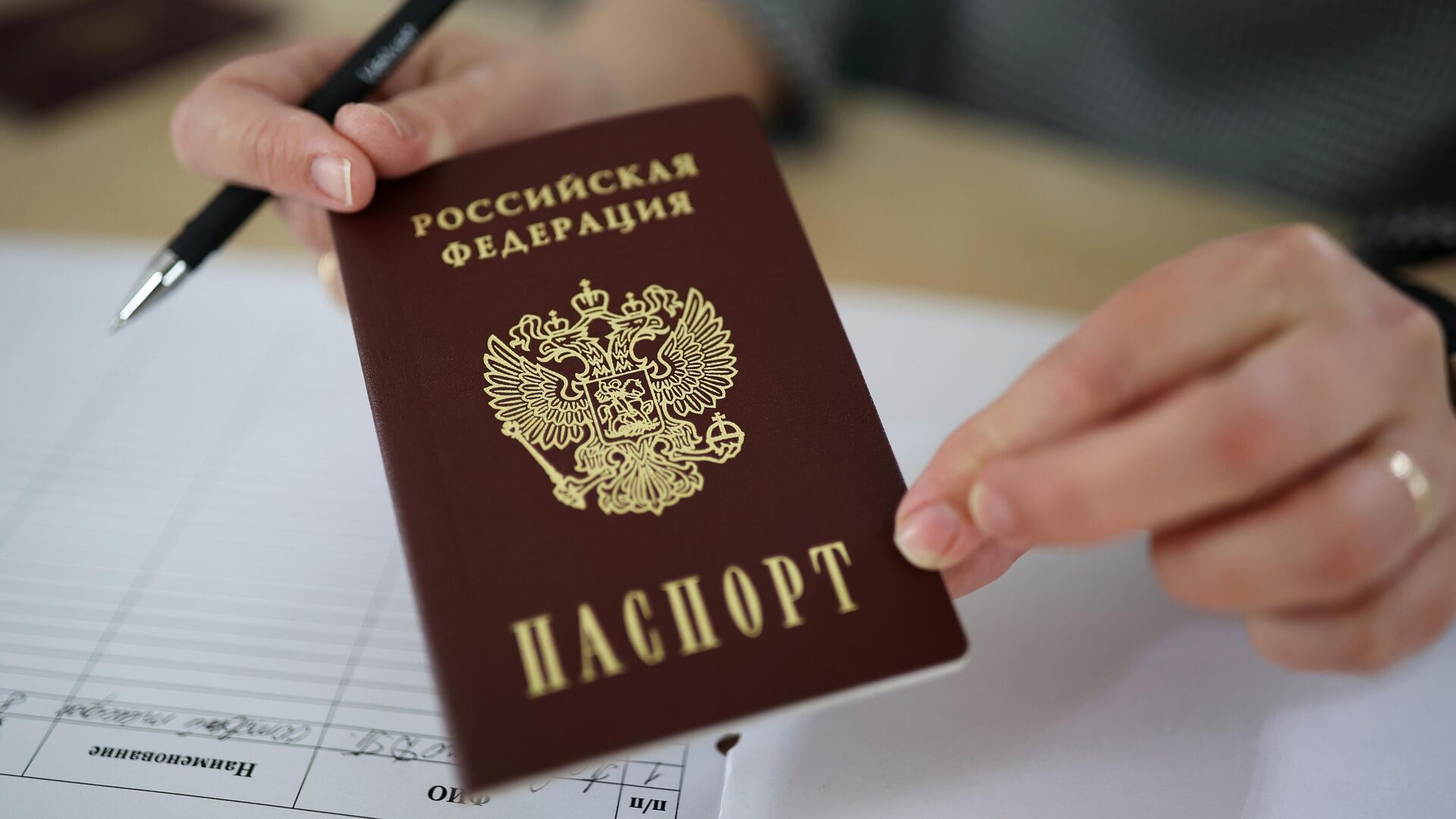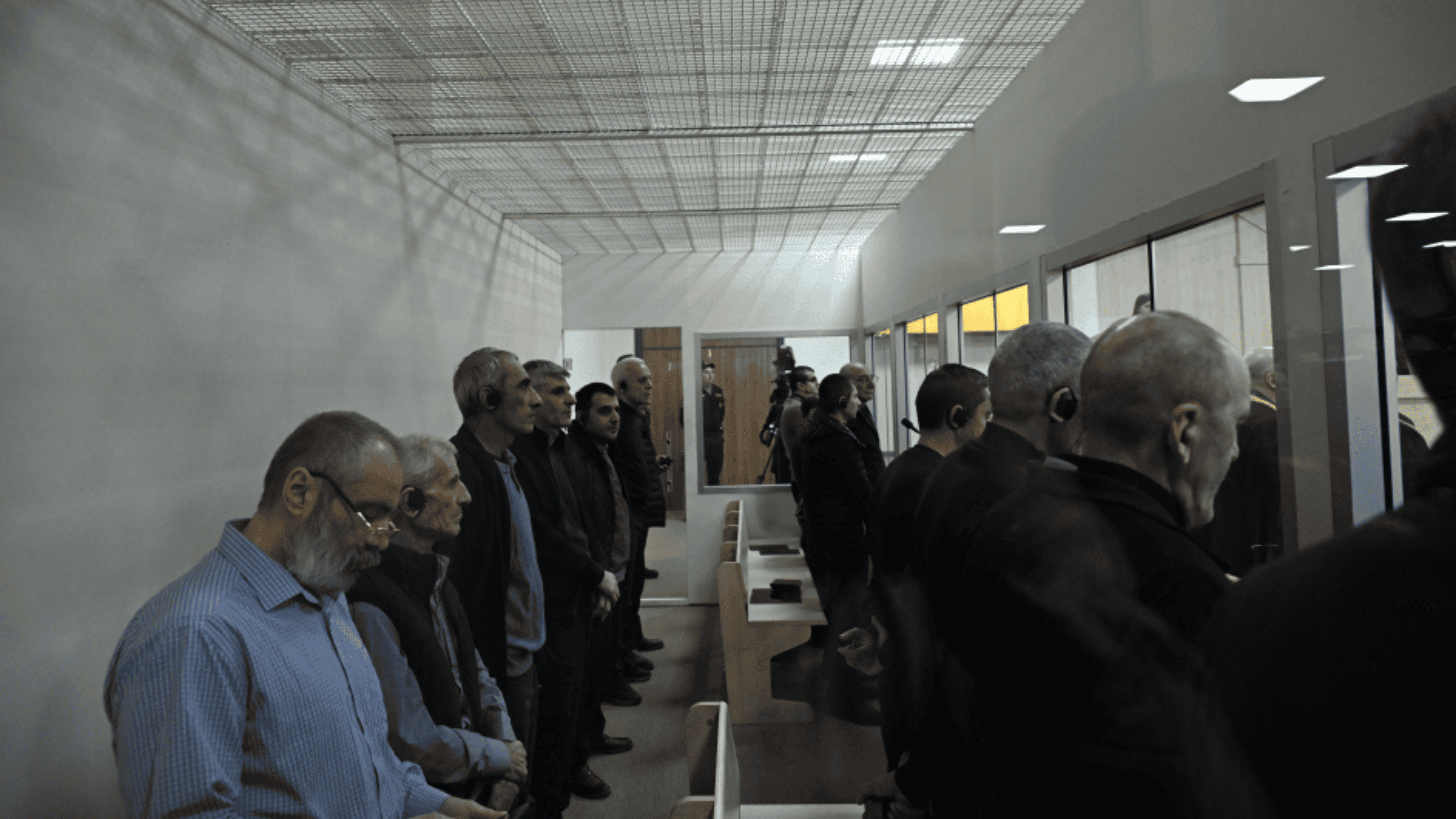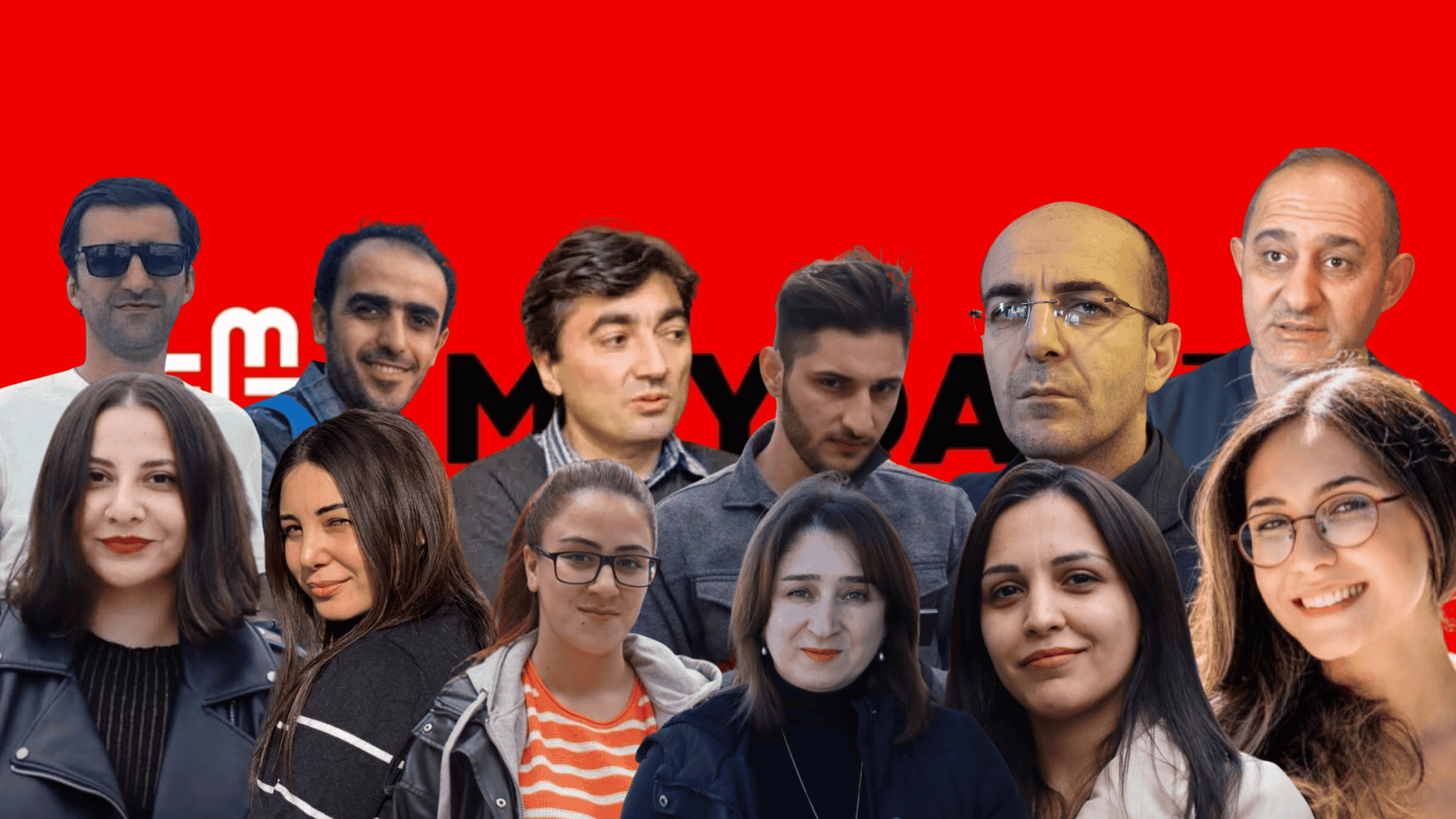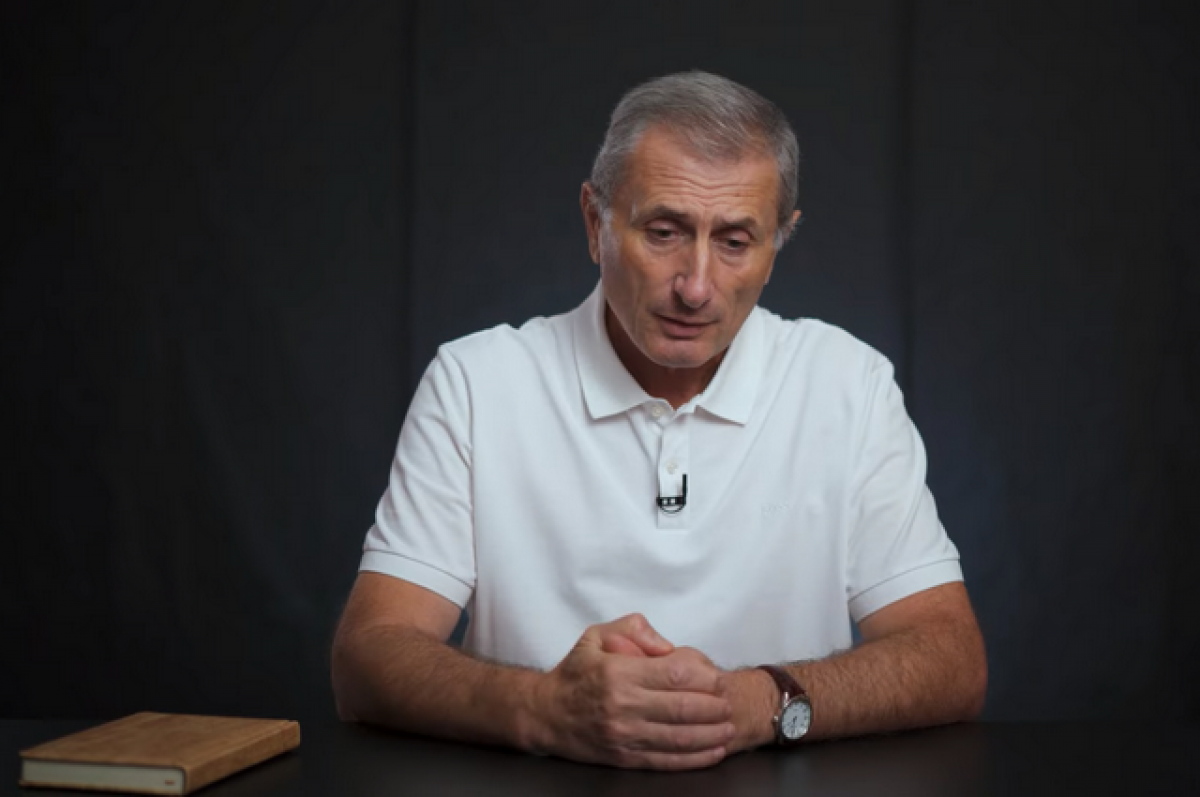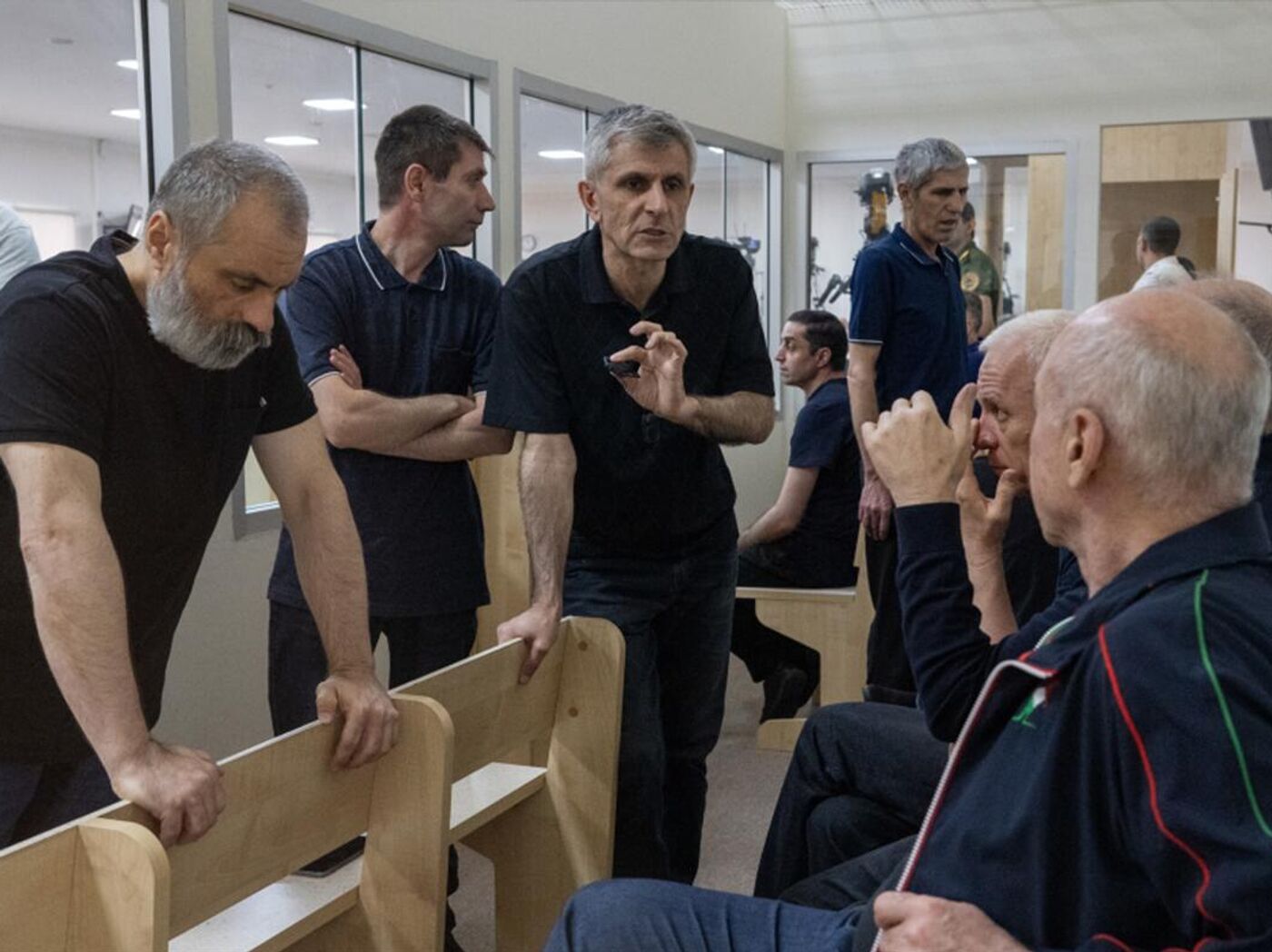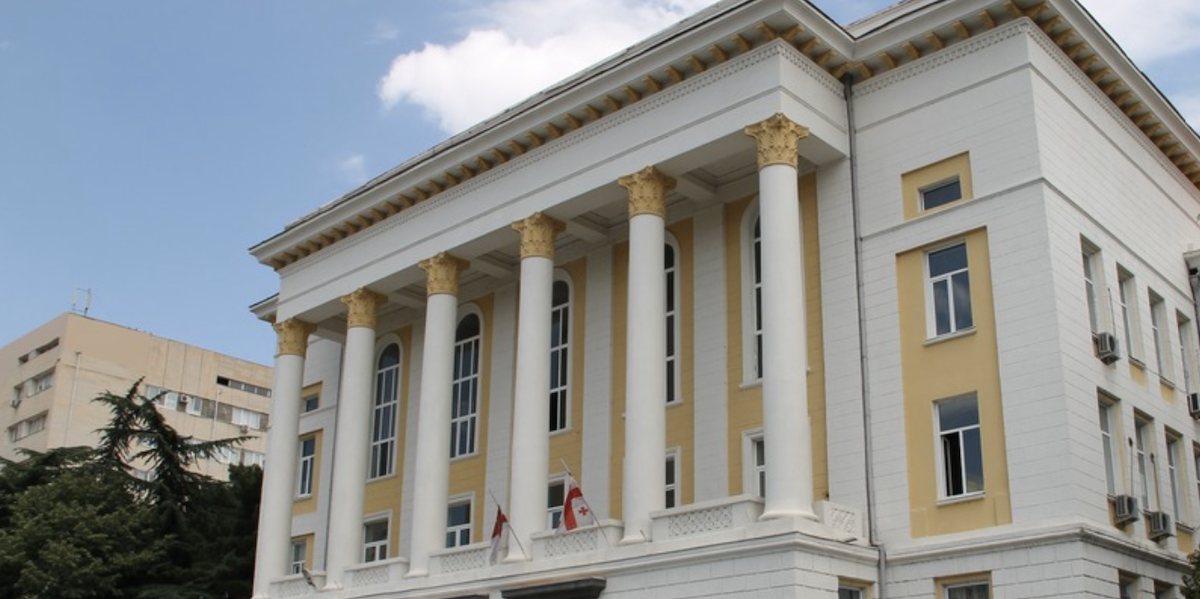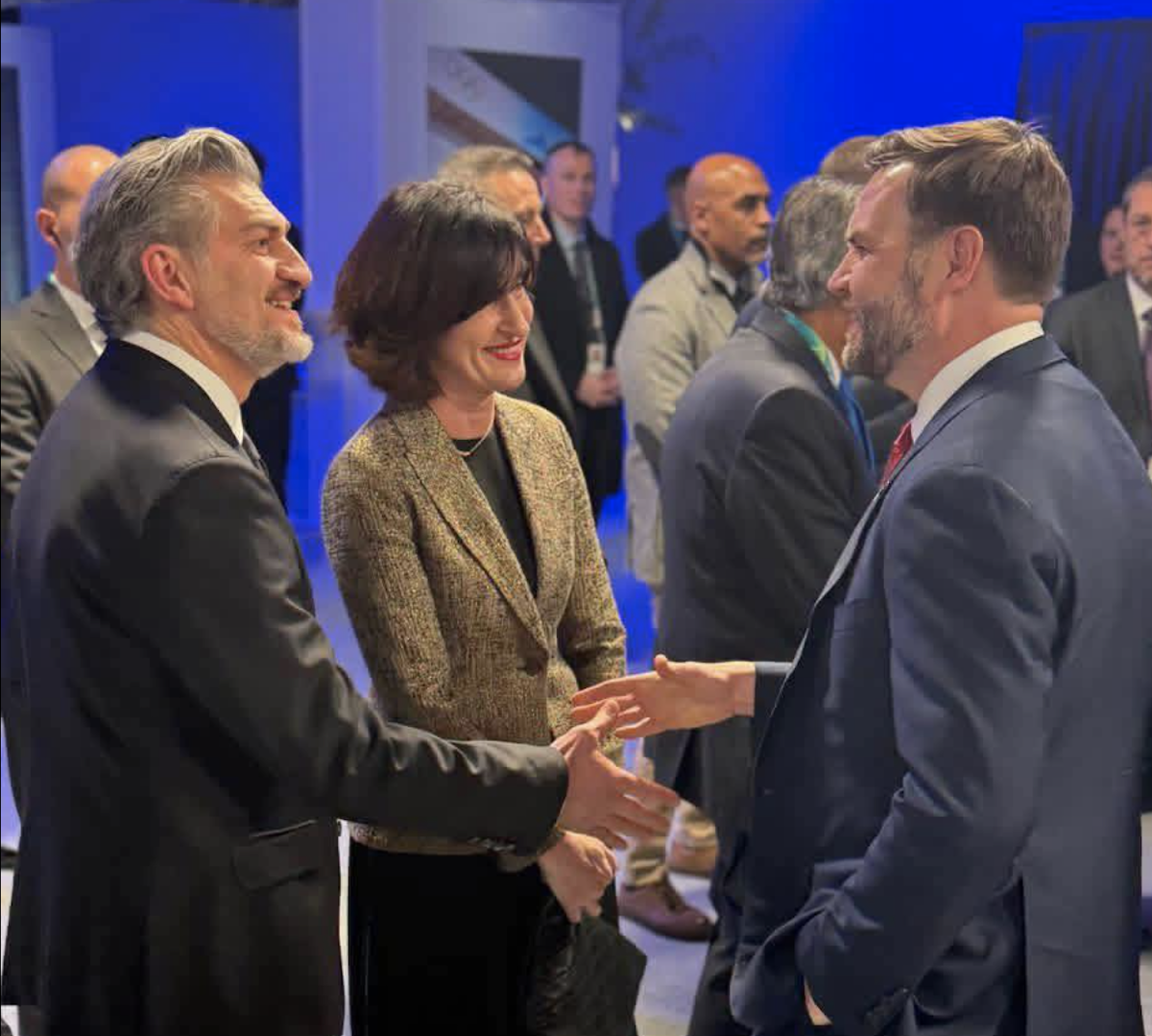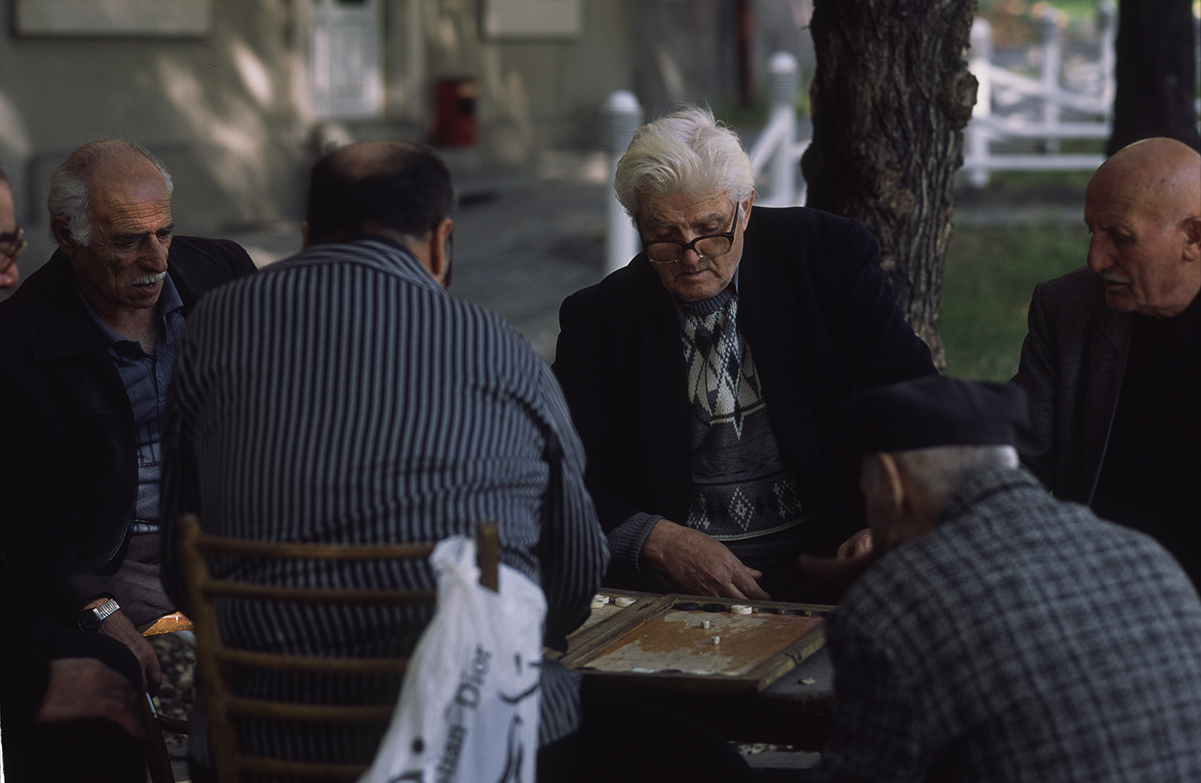Armenian-Russian military exercises underway in Armenia
Three thousand fighters and 500 units of military equipment, including MIG-29s, helicopters, anti-aircraft missile systems and drones were mobilised in Armenia this week as part of joint military exercises conducted by Russia and Armenia. The exercises will last until 15 August.
Similarly, large-scale drills are being conducted by NATO in Georgia. More than 3 000 servicemen from 13 countries, including Georgia, the United States, Great Britain, Germany, France, Norway, Turkey, Ukraine, and Azerbaijan, are taking part in the Noble Partner 2018 exercises. Four Armenian officers are also taking part.
The Russian authorities have expressed regret at the fact that their neighbouring countries are taking part in these exercises, and believe that they are directed against Russia. The press secretary of the Ministry of Foreign Affairs, Maria Zakharova, spoken out on the matter:
“We cannot agree with the statements of the Georgian Defence Ministry that these exercises are aimed at contributing to the security of the Black Sea region. Stability and security is holding a constructive dialogue, not helicopters and tanks. Obviously, their real task is to project power, primarily toward South Ossetia, Abkhazia and Russia.”
Political scientist Stepan Grigoryan noted that Russia has traditionally been jealous of the cooperation between NATO and its partners:
“Russia views NATO as a threat to itself. It is very sensitive to countries of the post-Soviet era cooperating with NATO or seeking NATO membership, such as Georgia and Ukraine. But Armenia has always worked with NATO. Our programmes were not so big that they represented danger for Russia. But even in this case, Russia expressed regret. This is primarily due to big politics. The Armenia-Russia exercises are, probably, such a compensatory effect on the part of the Armenian authorities, so that Russia does not take too much offense.”
Furthermore, the expert believes that the decision made by the Armenian authorities to participate in the NATO exercises is correct:
“These exercises provide good skills to our military and medical personnel, as well to our demining units. This is not military-technical cooperation, as if Armenia is moving to NATO standards. No, our military is receiving important skills. Armenia cannot completely isolate itself from the international community. But it is desirable to talk about such things with Russia, not for mutual approval, but to talk it through.”
Stepan Grigoryan notes that the Armenian authorities have so far managed to build military cooperation within the CSTO framework, while not abandoning NATO programs:
Stepan Grigoryan notes that the Armenian authorities have so far managed to build military cooperation within the CSTO framework, while not abandoning NATO programmes:
“These programmes do not contradict cooperation within the CSTO framework. With NATO, we are doing scientific and emergency programmes. In principle, the military component in them is small.”










